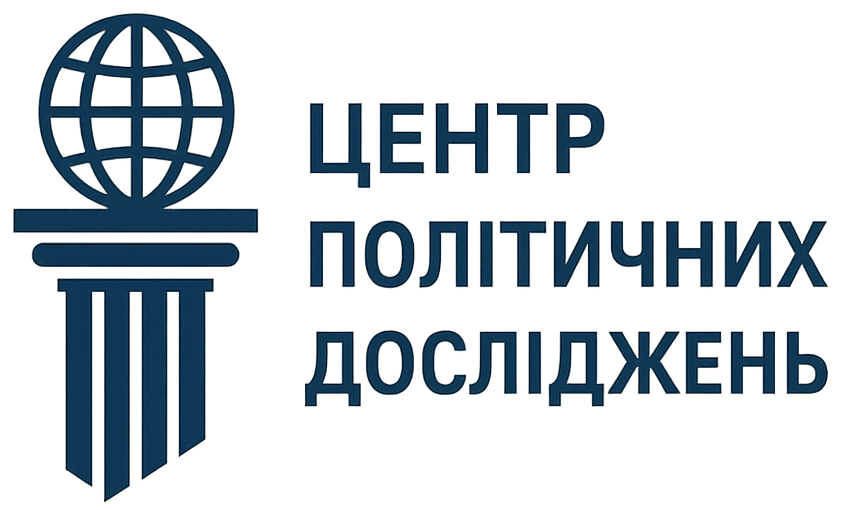|
The Course and Consequences of Political Transformation in V4 Countries before and after Joining the EU: Experience for Ukraine |
Хід і наслідки політичної трансформації в країнах В4 до та після вступу в ЄС: досвід для України |
|
Here, the conversation will first be about the agenda, conditions, features and stages of the EU integration and political transformation of V4 countries. The emphasis will be placed on various issues related to the processes of modernization, democratization and fulfillment of the EU membership criteria by V4 and other European countries. The experts will be asked to talk about what was difficult and simple in this context, and what Ukraine should mainly pay attention to. After that, attention will be paid to the consequences of the accession of V4 countries to the EU from the point of view of the political process and governance. In particular, there will be a question about which consequences turned out to be positive, and which were negative ones for different V4/European countries. A separate question will be about the problems faced by the political systems, systems of governance and civil societies of V4 countries so far. The discussion will focus on whether V4 countries have completed democratization and whether they do not experience the problems of deconsolidation of democracy. There will definitely be a question about why the level of democracy in Hungary and Poland has fallen. After that, the focus will be switched to the experience of V4 and other European countries for Ukraine. There will be a question about what Ukraine should pay attention to at the background of the experience of V4 countries during its European integration progress. Finally, certain issues will concern the peculiarities of European integration at the local/regional level and the level of separate institutions. Part of the focus will be on the role of universities and research centers in the course of European integration. |
Тут розмова насамперед піде про порядок денний, умови, особливості та етапи євроінтеграції і політичної трансформації країн Вишеградської групи. Акцент буде зроблено на різноманітних питаннях, пов’язаних з процесами модернізації, демократизації та виконання критеріїв членства в ЄС з боку Вишеградських та інших європейських країн. Експертам запропонують розповісти про те, що в цьому контексті було складним і простим, і на що Україні в першу чергу варто звернути увагу. Після цього увага буде приділена наслідкам вступу країн регіону до ЄС з погляду політичного процесу та урядування. Зокрема, постане питання про те, які наслідки виявилися позитивними, а які негативними для різних країн Вишеградських/європейських країн. Окреме питання стосуватиметься проблем, з якими досі стикаються політичні системи, системи урядування і громадянські суспільства країн регіону. Обговорення буде зосереджено на тому, чи країни Вишеградської групи завершили демократизацію та чи не відчувають вони проблем деконсолідації демократії. Однозначно буде питання про те, чому впав рівень демократії в Угорщині і Польщі. Згодом фокус буде переключений на досвід Вишеградських та інших європейських країн для України. Виникне питання про те, на що варто звернути увагу Україні на тлі досвіду країн регіону під час євроінтеграційного поступу. Врешті, окремі питання стосуватимуться особливостей євроінтеграції на місцевому/регіональному рівні та рівні окремих інституцій. Частково увага буде стосуватись ролі університетів і дослідницьких центрів у процесі європейської інтеграції. |
|
Experts from V4 countries / Експерти з країн Вишеградської четвірки: Karel Kouba and Pavla Dočekalová (Czechia), Andrea Schmidt (Hungary), Nataliya Maradyk (Slovakia), Mindaugas Jurkynas (Lithuania), Галина Зеленько (Україна) |
|
|
Oriented 3 hours with moderation, discussions, questions from the audience and probably thematic speeches |
Орієнтовано 3 години з модерацією, дискусіями, запитаннями з аудиторії та можливо тематичними виступами |

Політичні студії в Україні